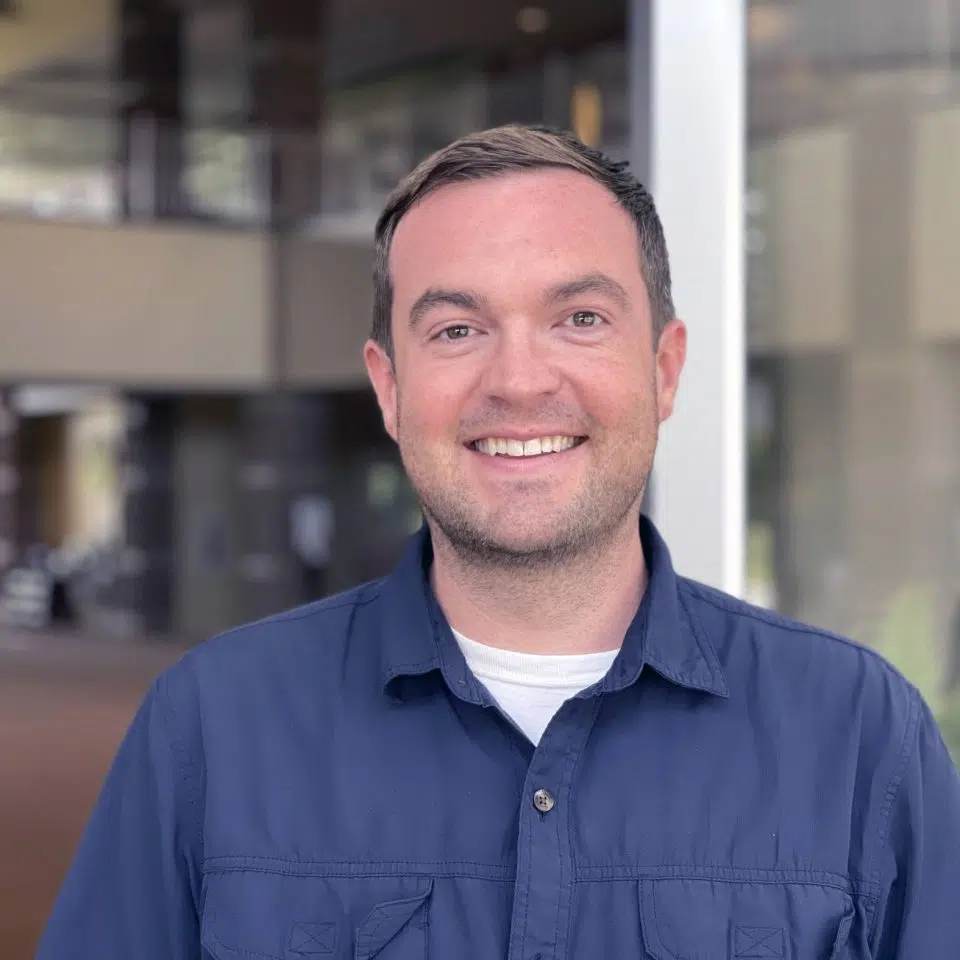Bible Reading Plan | Devotion for the week of July 10, 2022
Monday, July 11, 2022
Weekly Reading: Matthew 16-20, Proverbs 7-8
Passages REFERENCED:
“…and the gates of hell shall not stand against it.” –Matthew 16:18b
We have probably heard the verse above a few times. Usually, bible translators choose to translate it a little differently though. It usually reads, “and the gates of Hades will not overcome it.” It sounds like the powers of hell are on the offensive seeking to destroy the church of Jesus Christ. In reality, ‘gates’ are defensive structures. And the biblical context would have us see the situation that way too. Let’s explore that a bit together.
Mark 8:27 starts the story this way, “Jesus and his disciples went on to the villages around Caesarea Philippi.” For the casual reader with no geographical context, this sounds no different than “Jesus took the disciples down the road to the neighboring village.” However, having just come from Bethsaida, this means that Jesus decided to take his disciples on a 32+ mile round trip to Caesarea Philippi, the only recorded trip Jesus took to that region or anywhere remotely like it.
Caesarea Philippi was established by the Greeks as a city where the worship of the god Pan was centered. The town was given its name in 2 A.D. by Herod Philip in honor of Caesar Augustus. By the early first century, Caesarea Philippi was reviled by orthodox rabbis, and it was taught that no good Jew would ever visit there.
This city sat at the foot of Mount Hermon butting up against a large cliff known as the ‘Rock of the Gods,’ due to the many shrines built against it. Shrines to Caesar, Pan, and another god (possibly the fertility goddess Nemesis) were all built up against this cliff. In the center of the Rock of the Gods is a gigantic cave, from which a stream flowed. This cave was called the “Gates of Hades” (or “Gates of Hell”) because it was believed that Baal would enter and leave the underworld through places where the water came out of it.
For Jews of the first century, Caesarea Philippi would be an equivalent of Las Vegas – Sin City – but much worse than the modern city in the American West. In the open-air Pan Shrine, next to the cave mouth a statue of Pan (a half-goat, half-human creature) stood. This idol was worshipped for its powers of fertility. Surrounding the statue on the wall were depictions of his attending nymphs. Worshippers of Pan would congregate here and partake in disturbing rites of worship to their goat-god.
And so, one day, Jesus took his twelve disciples, most likely all of whom were in their teens or early twenties, and said, “we’re going to Caesarea Philippi” (if he even told them where they were going).
In this vicinity, Jesus found the opportune moment to ask his disciples, “Who do people say the Son of Man is?”
They replied, “Some say John the Baptist; others say Elijah; and still others, Jeremiah or one of the prophets.”
“But what about you?” he asked. “Who do you say I am?”
Simon Peter answered, “You are the Christ, the Son of the living God.” (Matthew 16:13-16)
Now, we don’t know for sure that they were standing cliffside in Caesarea Philippi, but Jesus’ next statement gives us an idea that maybe they were uncomfortably close.
Jesus replied, “Blessed are you, Simon son of Jonah, for this was not revealed to you by man, but by my Father in heaven. And I tell you that you are Peter, and on this rock I will build my church, and the gates of Hades will not overcome it. (Matthew 16:17-18)
The passage continues by saying, “From that time on Jesus began to explain to his disciples that he must go to Jerusalem and suffer many things at the hands of the elders, the chief priests and the teachers of the law, and that he must be killed and on the third day be raised to life.”
Then Jesus declares, “Whoever wants to be my disciple must deny themselves and take up their cross and follow me. For whoever wants to save their life will lose it, but whoever loses their life for me will find it.”
Jesus seems to be seizing on the location to make a pivotal statement to his disciples. He takes them to the most god-forsaken spot to show them the living God has power even in the darkest of places. And the gates of hell will not stand against Him. Just like the hill of Calvary, this place was out-of-bounds for the observant Jew. Yet here, as He did ultimately on the cross, Jesus powerfully reveals God’s will.
Maybe God would have us do the same. Maybe He is calling us to walk into dark places and messy situations to reveal Jesus and allow His light to shine. Jesus went out of his way, out of His disciples’ comfort zone, and out of the accepted territory for religious Jews. There was no apparent reason to believe something redemptive or God-honoring could come from going there. In your life, where may God be calling you to go out of your usual way? Where might you need to move out of your comfort zone? Are there relationships, maybe even family relationships you have avoided as a “good” Christian? Perhaps, God wants to reveal himself and bring light and life if you’ll just “go there” and trust Him to work. –Nate Metler
Contacts
Categories:
You May Be Interested In:

Bible Reading Plan Fall 2023
2 years ago by WCC

Bible Reading Plan | Devotion for the week of May 14, 2023
2 years ago by Sarah Gilbert

Bible Reading Plan | Devotion for the week of April 23, 2023
2 years ago by Sarah Gilbert

Bible Reading Plan | Devotion for the week of April 16, 2023
2 years ago by Sarah Gilbert

